Some TV shows dominate the conversation—critics rave, fans obsess, and every other post online is a spoiler-filled debate. But sometimes, all that hype sets expectations sky-high, only for the actual show to feel… underwhelming.
It’s like ordering a fancy gourmet burger and realizing it’s mostly just an overstuffed bun with a tiny patty hidden inside. Sure, these shows might have impressive budgets, big-name actors, or eye-catching cinematography, but when you strip away the spectacle, what’s left?
From recycled plotlines to characters stuck in a loop, these 21 overrated shows prove that just because something is popular doesn’t mean it’s actually great.
The Big Bang Theory
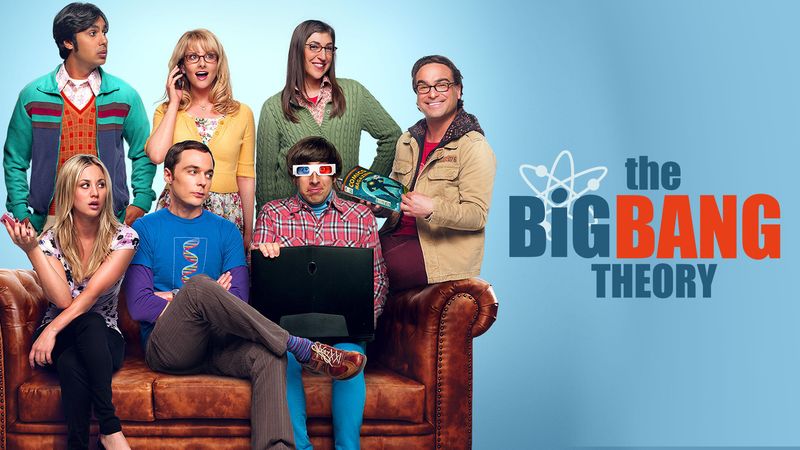
The Big Bang Theory has often been criticized for its stereotypical portrayal of nerd culture, relying heavily on clichés for humor. Despite its popularity, many viewers argue that the show fails to evolve its characters over time.
While the series does provide laughs, it tends to recycle jokes and scenarios. Critics point out that the charm wears thin after a few seasons. Furthermore, the development of female characters has been a point of contention, as they frequently fall into stereotypical roles.
Although beloved by many, some feel it lacks depth and freshness.
Friends
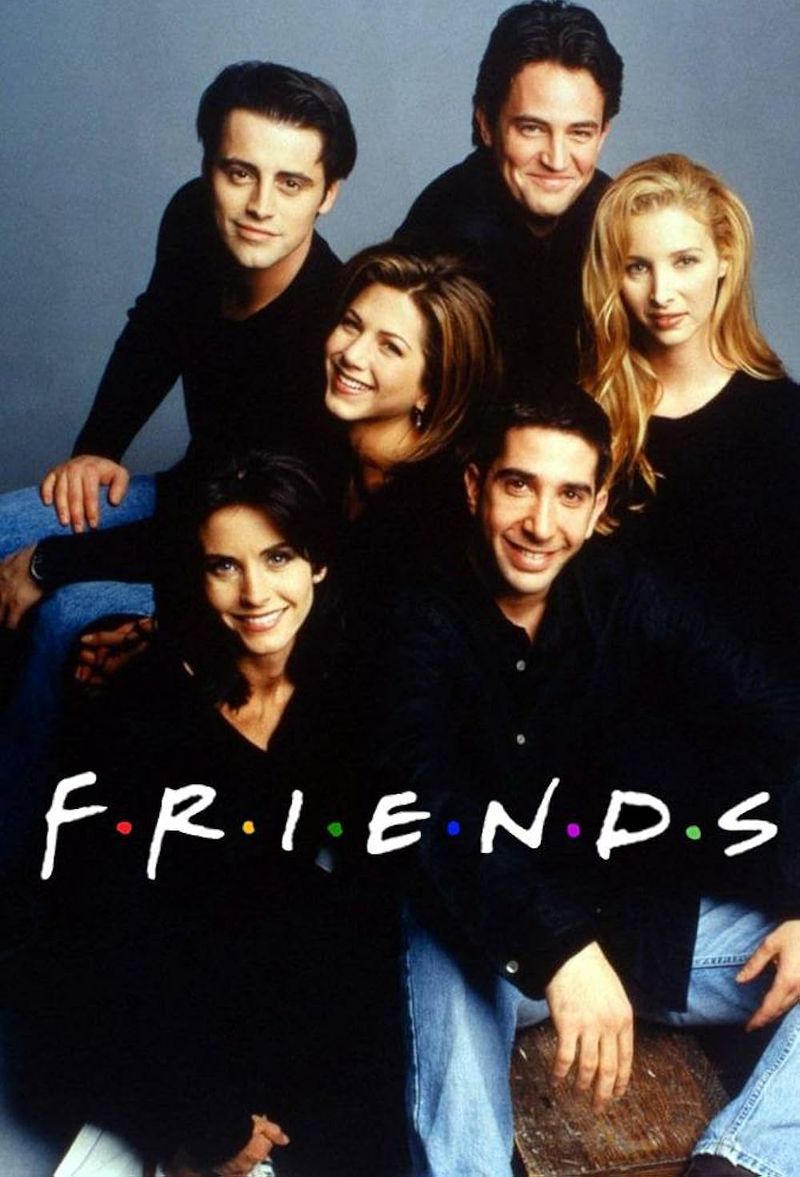
Friends remains a cultural icon, yet it’s often called overrated due to predictable storylines and dated humor. The series has faced backlash for lack of diversity and unrealistic portrayals of life in New York City.
While it offers memorable catchphrases and moments, some argue the character development is stagnant. The repetitive nature of some plotlines leaves viewers wanting more substance.
Despite its significant fanbase, critics question its enduring appeal, pointing to its tendency to gloss over real-world issues and focus on trivial matters.
Game of Thrones
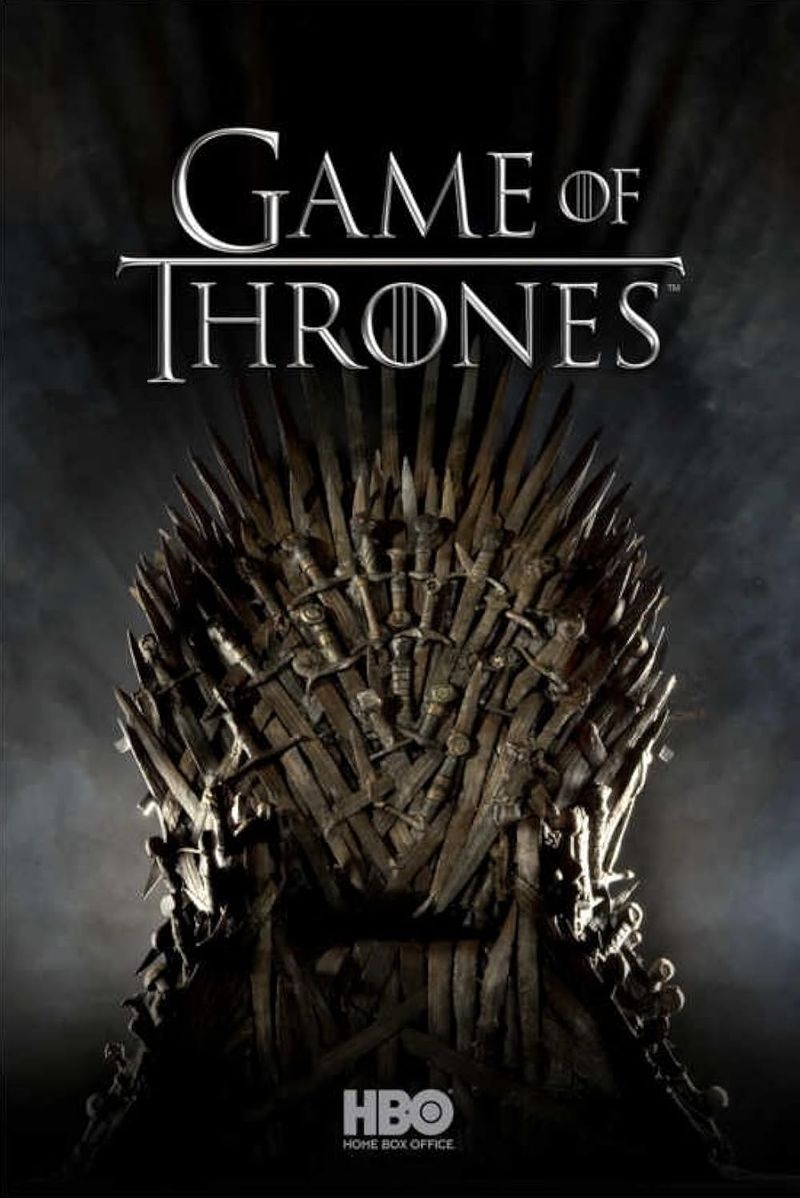
Game of Thrones captured audiences with its epic storytelling but faced criticism for its rushed final seasons. Many felt the complex narratives were sacrificed for spectacle and shock value.
The show’s depiction of violence, especially towards women, has sparked debate. Season eight, in particular, left fans divided, with many feeling unsatisfied with character arcs.
Despite impressive visuals and strong early seasons, its conclusion left a blemish on its legacy, leading some to believe it doesn’t fully deserve its immense praise.
Grey’s Anatomy
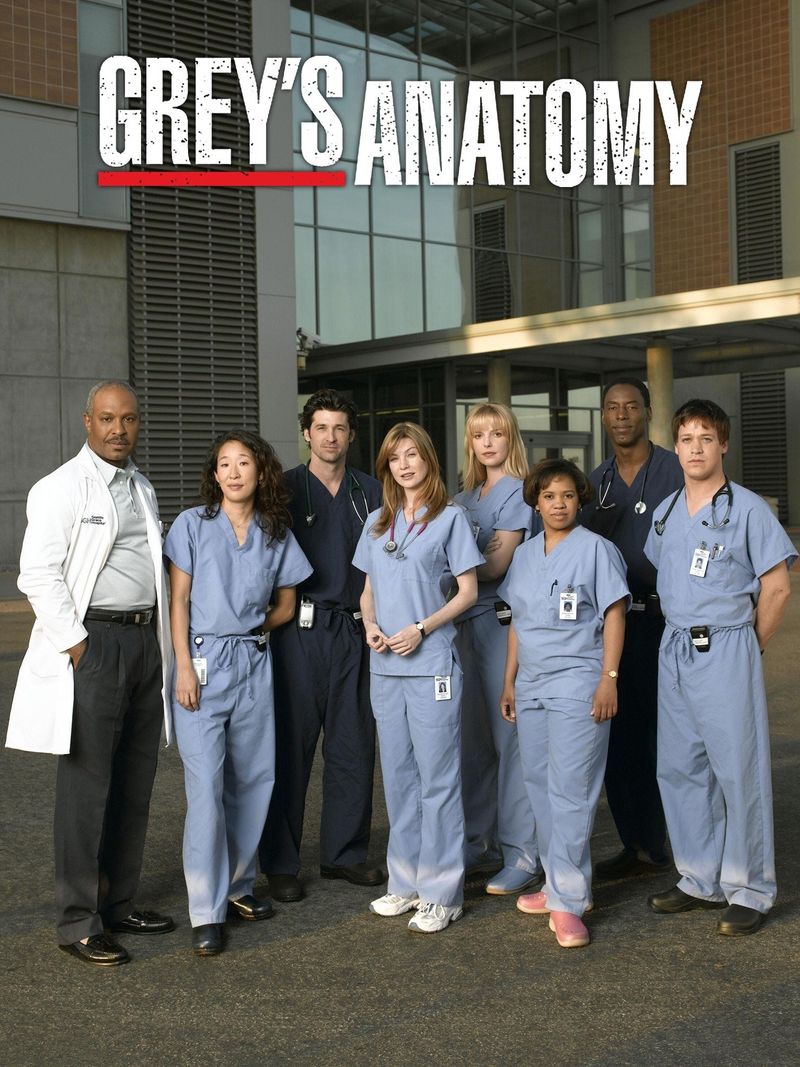
Grey’s Anatomy continues to attract viewers, but some argue it’s stretched too thin over its many seasons. The medical drama often recycles storylines, leading to predictable plots.
Character development sometimes takes a backseat to melodrama, with personal relationships overshadowing medical intrigue. This imbalance has been a sticking point for critics.
Though it has a dedicated fanbase, detractors feel it lacks the originality and depth it once had, questioning its ongoing popularity and longevity.
Family Guy
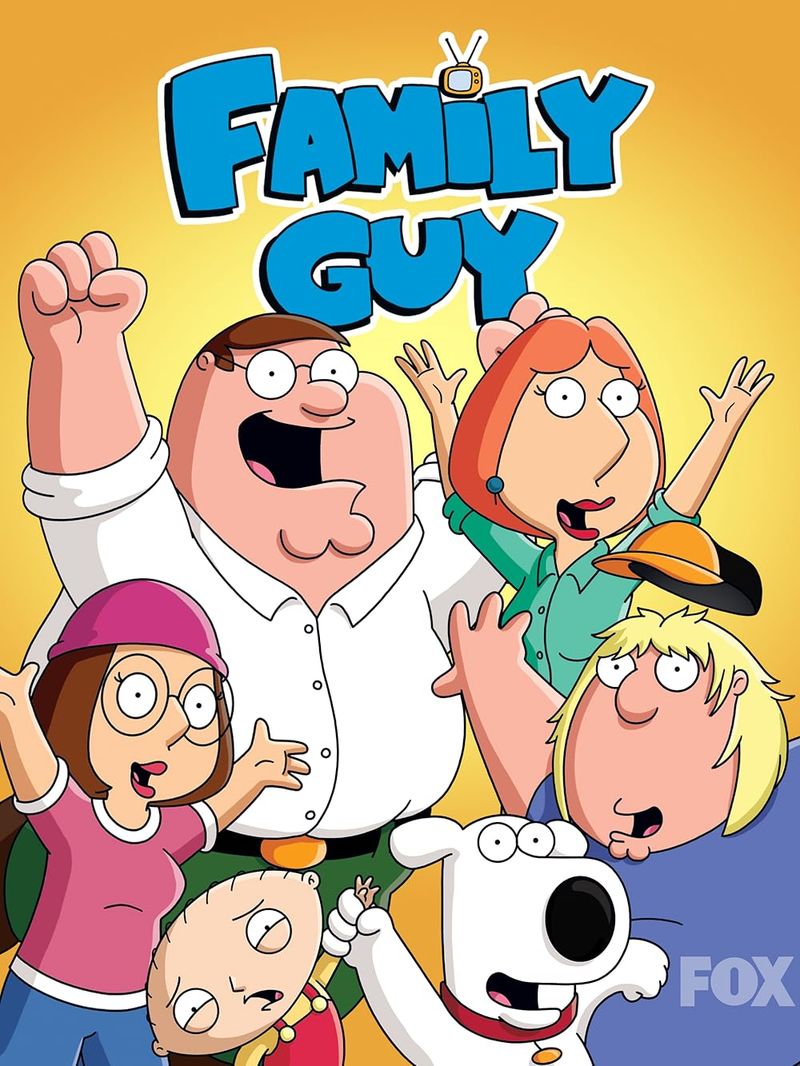
Family Guy is known for its edgy humor, but it often relies on shock value rather than clever writing. Some viewers find the reliance on cutaway gags tiresome and lacking substance.
The show has been criticized for its handling of sensitive topics, sometimes crossing lines in ways that feel gratuitous. Its humor can be divisive, alienating audiences.
While it has moments of brilliance, others feel it doesn’t consistently hit the mark, questioning its place among the top animated series.
Lost
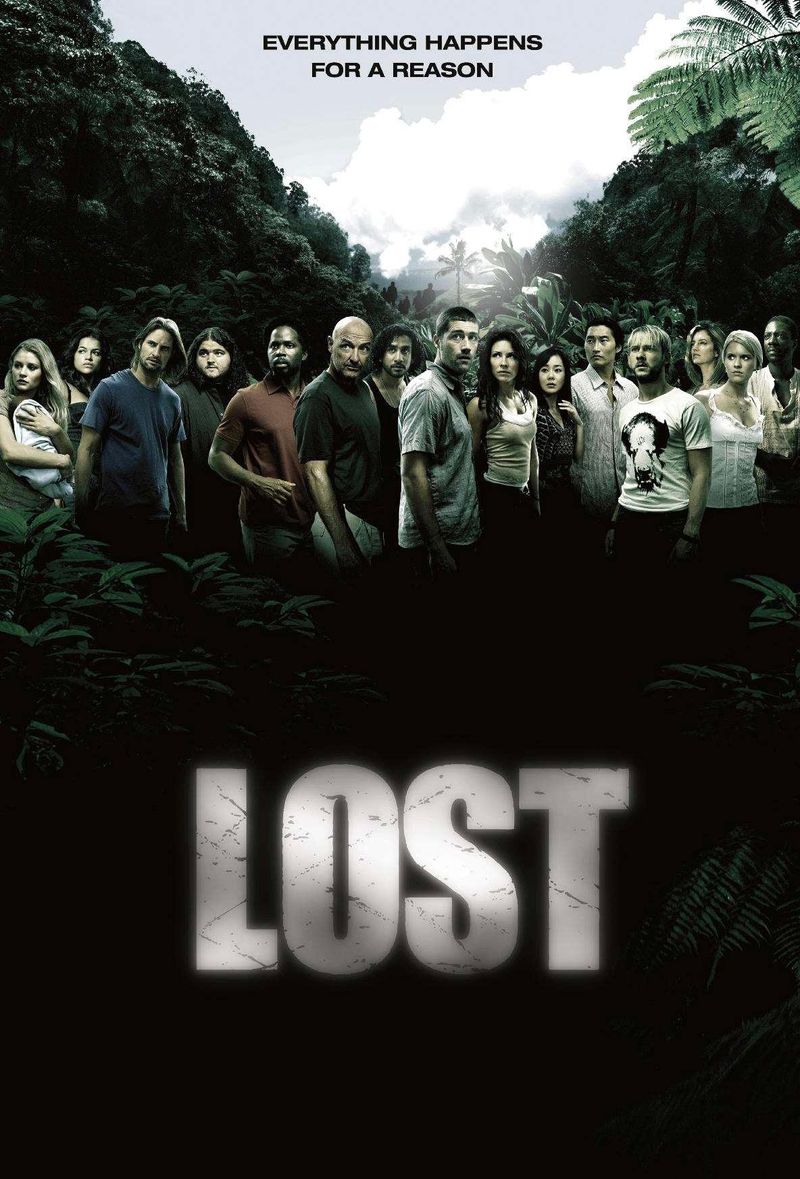
Lost started with a gripping premise but faltered in delivering answers to its complex mysteries. As the series progressed, many fans were left frustrated by unresolved plot threads.
While it built suspense effectively, the lack of a clear narrative direction led to viewer dissatisfaction. Its finale, in particular, was polarizing, leaving many questions unanswered.
Despite its innovative storytelling, some feel Lost overpromised and underdelivered, making it an example of a show that couldn’t sustain its initial momentum.
How I Met Your Mother
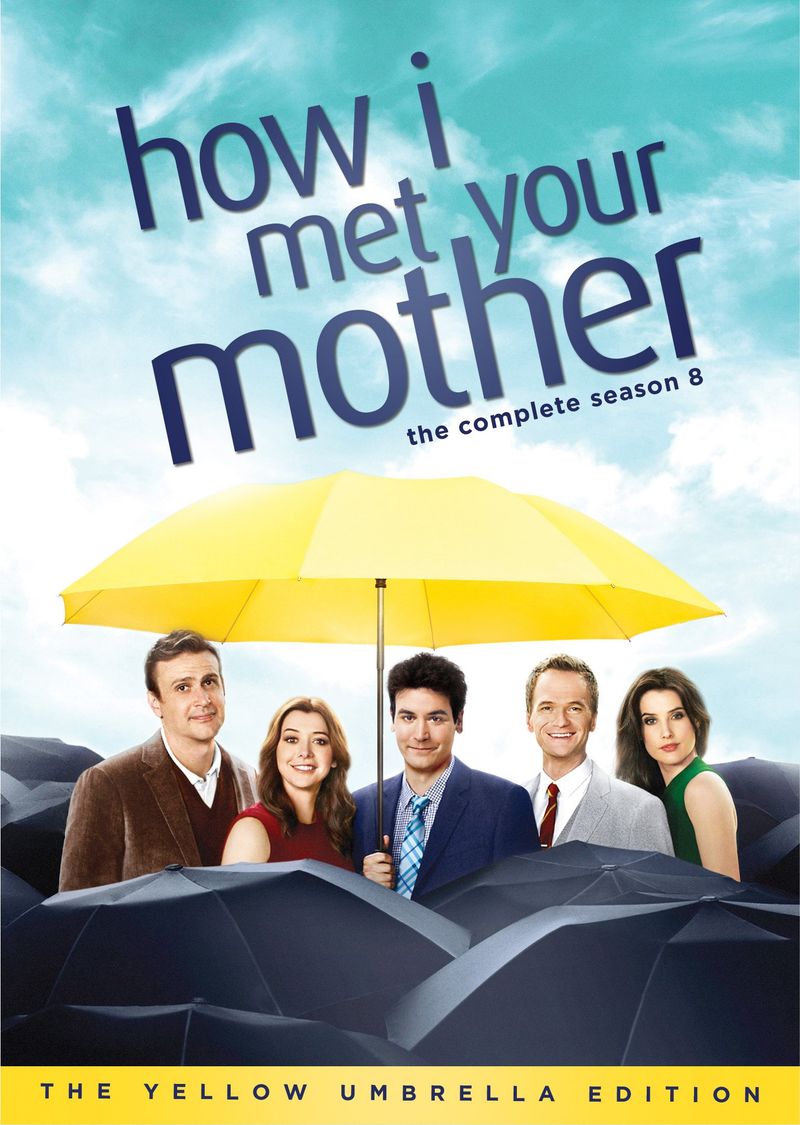
How I Met Your Mother charmed audiences but received flak for its controversial ending. The series built up expectations only to deliver an unsatisfying conclusion.
While the journey has its highs, such as witty dialogues and memorable moments, the show often repeats themes, which can feel monotonous. Its portrayal of relationships sometimes lacks realism.
Though it has a devoted fanbase, some argue it doesn’t quite live up to its initial promise, especially considering the polarizing nature of its finale.
The Walking Dead
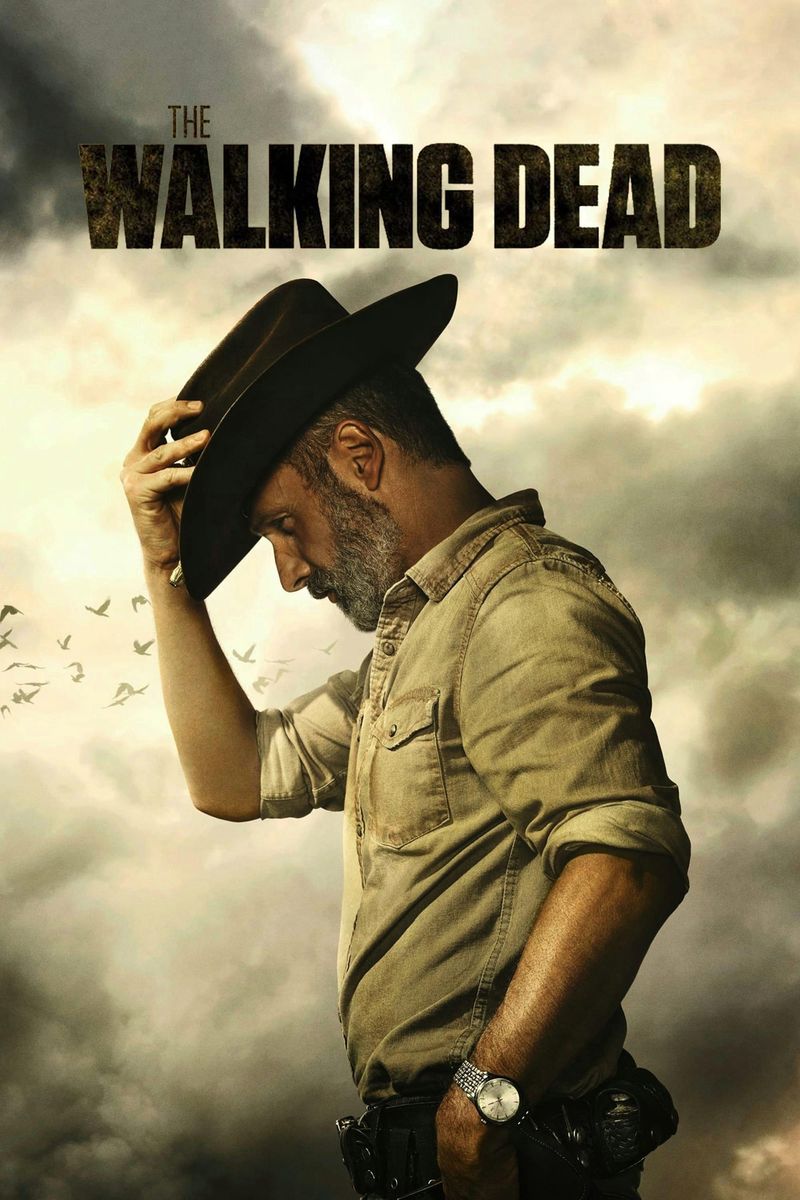
The Walking Dead broke new ground for zombie dramas but struggled with pacing issues over time. As seasons progressed, the repetitive cycle of conflict and survival led to viewer fatigue.
Character development often took a backseat to action, leaving some arcs feeling underdeveloped. Critics have noted the show’s inability to maintain its initial tension and excitement.
Despite its groundbreaking start, many feel it has overstayed its welcome, becoming more of a prolonged saga than a tightly woven narrative.
Riverdale
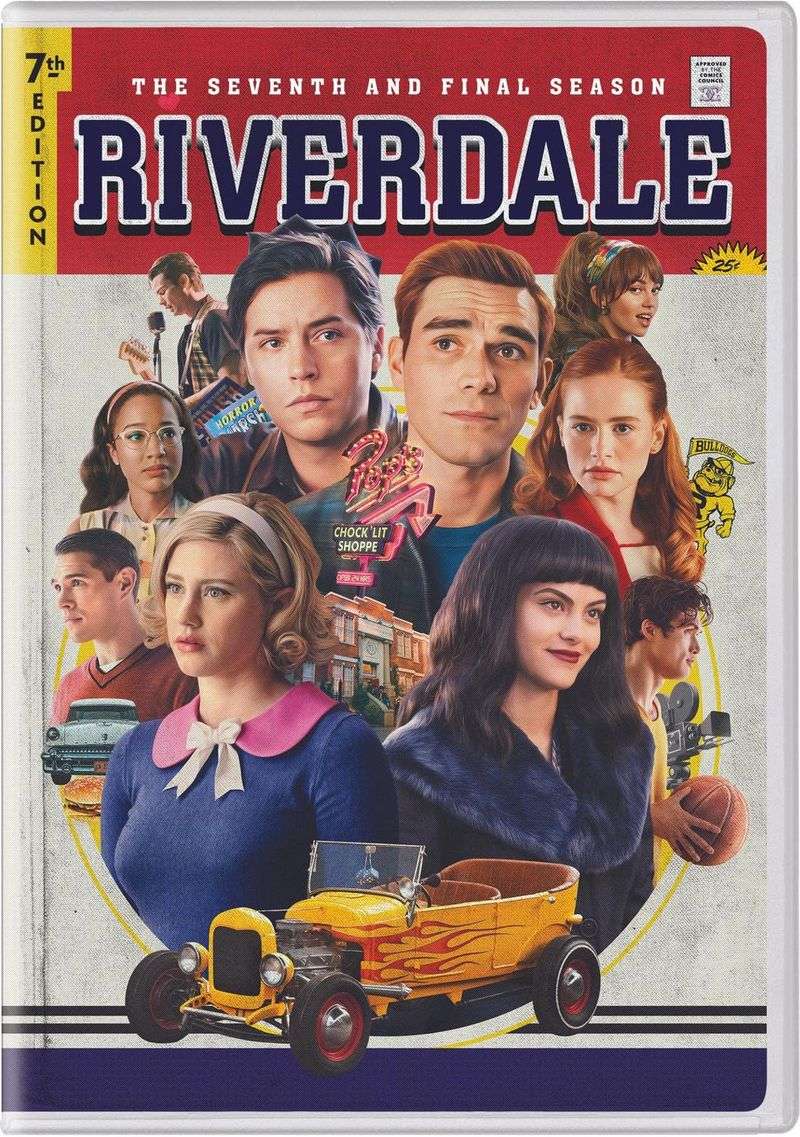
Riverdale turned the wholesome Archie Comics into a dark drama, but its exaggerated plots often overshadow character depth. The show’s tendency to embrace melodrama has been both a draw and a drawback.
While it enjoys a loyal teenage audience, critics argue that its storylines stretch believability and coherence. The show’s focus on shock value can detract from its overall narrative strength.
Though intriguing, some believe Riverdale sacrifices substance for style, making it a polarizing series among viewers.
House of Cards
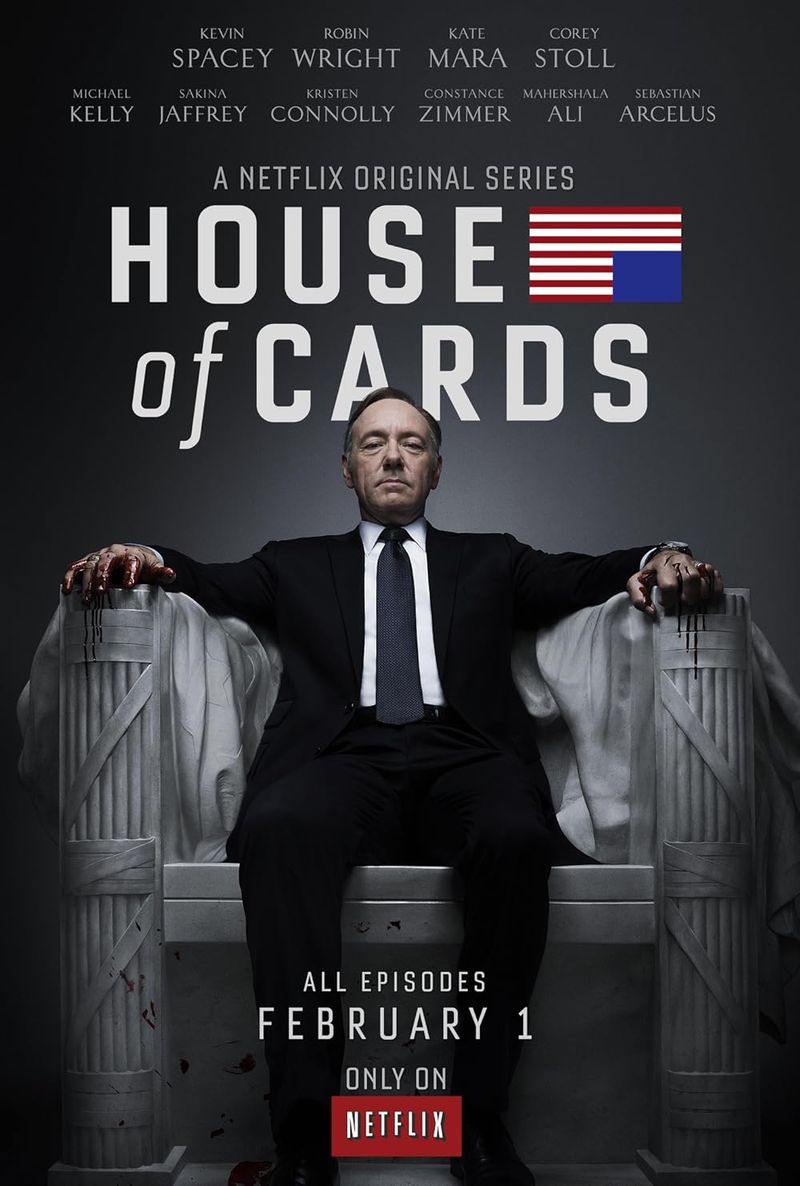
House of Cards redefined political dramas, yet it drew criticism for its implausible plots and character arcs. The show’s initial appeal was overshadowed by later seasons’ lack of realism.
Some viewers felt the desire for shock value led to convoluted storylines. The series’ tone and pace sometimes made it hard to sustain interest.
Despite its early success and strong performances, critics argue that House of Cards doesn’t always deliver on its promise of gripping political intrigue.
Sex and the City
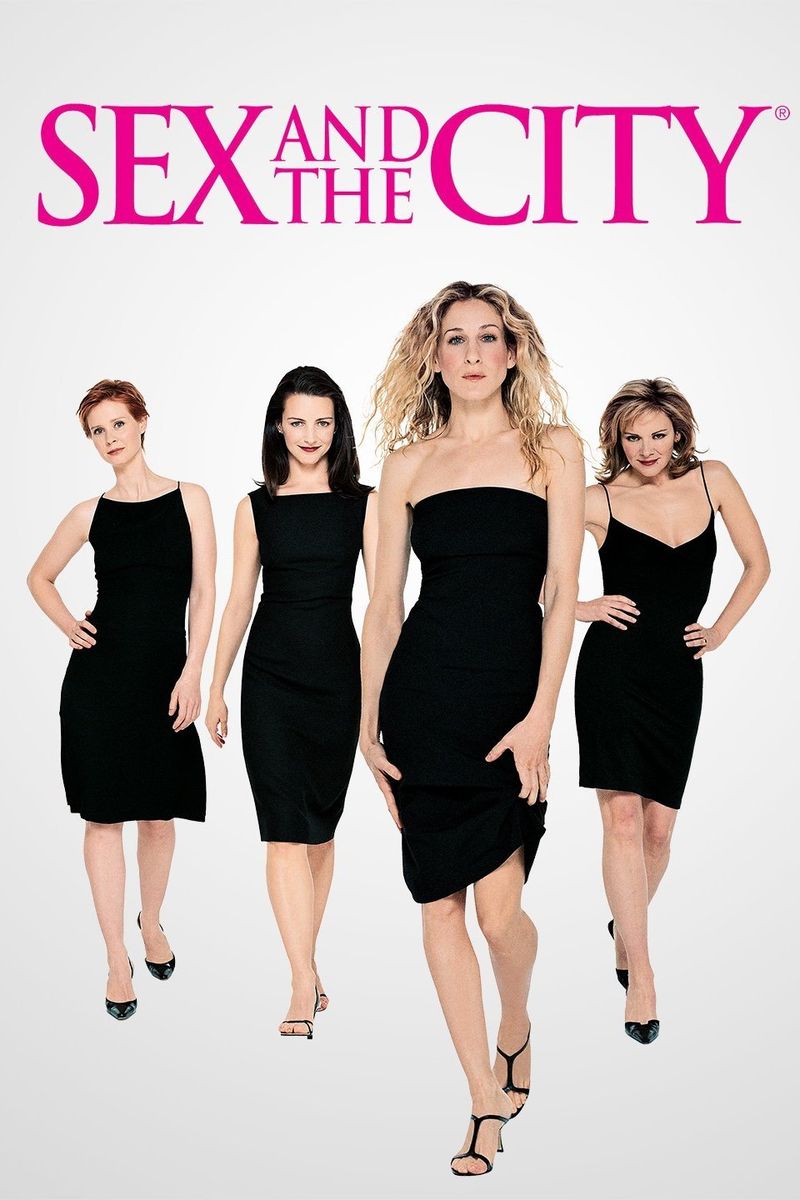
Sex and the City remains iconic, yet it’s sometimes seen as overrated for its focus on materialism and superficiality. The show’s portrayal of relationships can feel unrealistic and clichéd.
Though it offers witty dialogue and bold themes, critics argue that it often glosses over deeper societal issues. The emphasis on fashion and dating sometimes overshadows character development.
While cherished by fans, others feel it doesn’t fully explore the complexities of modern womanhood, leaving a mixed legacy.
The Simpsons
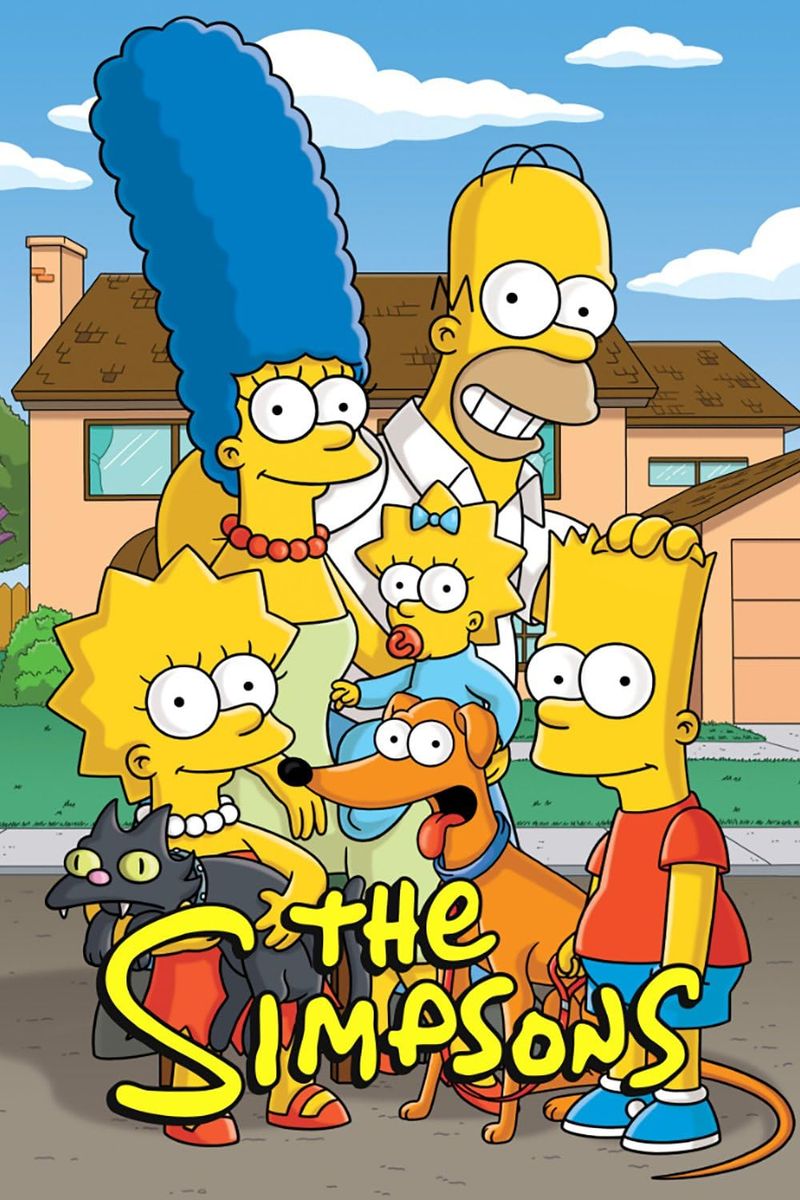
The Simpsons is a cornerstone of animated television, but its later seasons have been criticized for declining quality. Some fans feel the show’s humor and originality have waned over time.
While the early seasons are hailed as groundbreaking, the longevity of the series has led to repetitive themes. Critics argue that it has struggled to stay relevant in a changing cultural landscape.
Despite its legendary status, some believe The Simpsons doesn’t consistently live up to its past brilliance, impacting its overall reputation.
Dexter
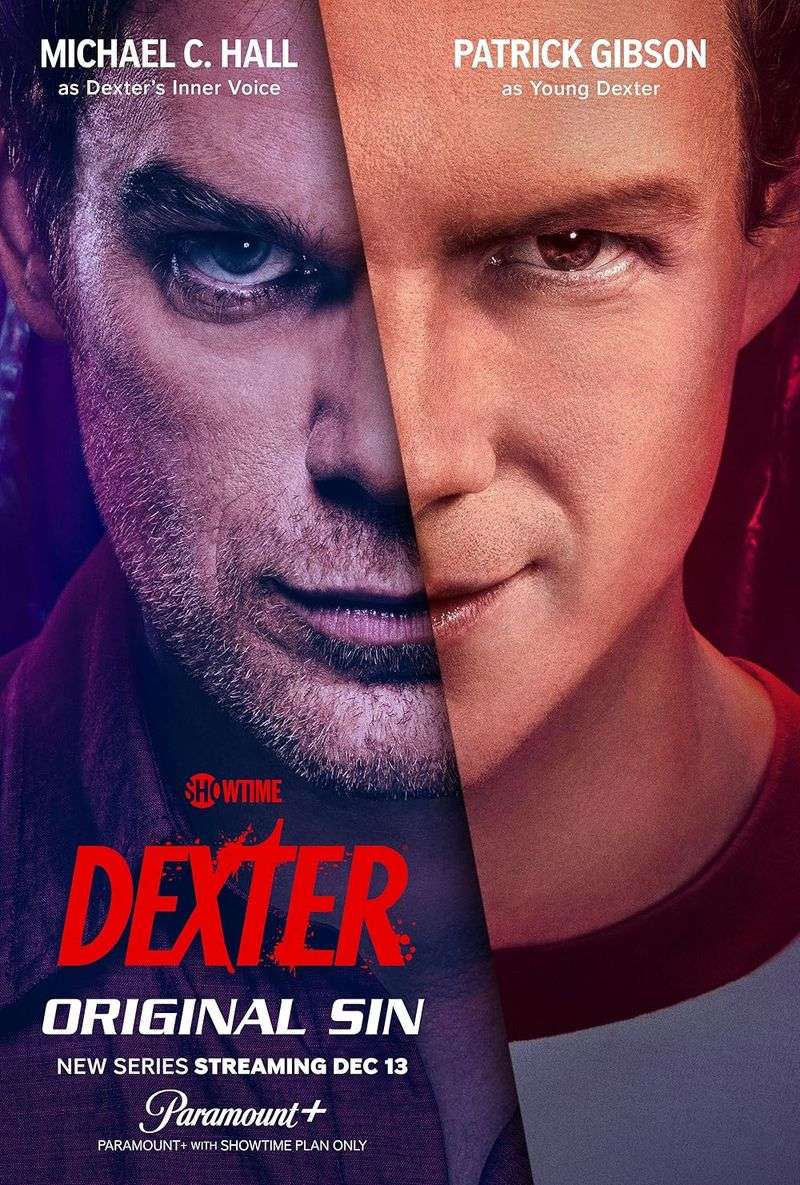
Dexter captivated audiences with its unique take on a vigilante serial killer, but its later seasons drew criticism for lackluster writing. The decline in quality became apparent as storylines became predictable.
The show’s final season, and especially its finale, was met with widespread disappointment. Many felt the character’s journey didn’t receive a satisfying conclusion.
While the series had standout moments, some argue that Dexter’s inconsistent quality tarnishes its place among top crime dramas.
Two and a Half Men
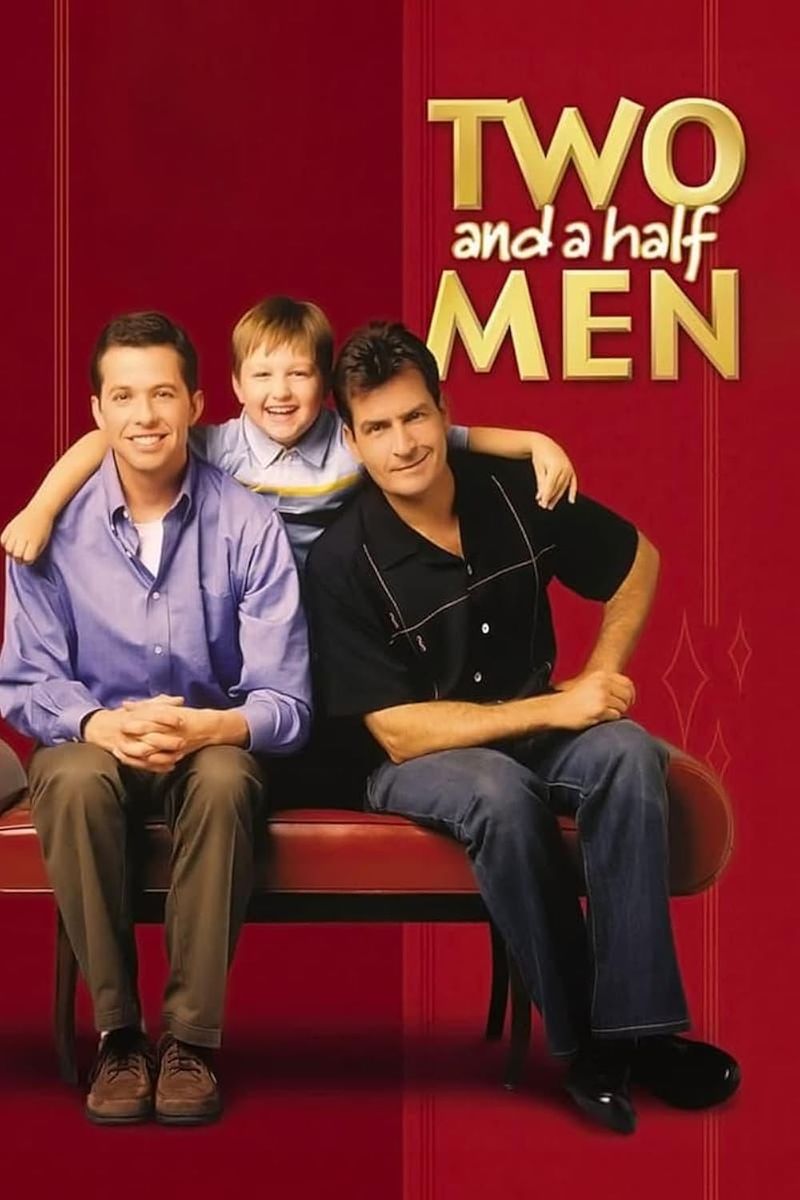
Two and a Half Men thrived on crude humor, but many criticize its reliance on formulaic jokes. The show’s humor often lacks depth, focusing on repetitive gags.
Changes in cast and direction impacted its consistency, leading to mixed reviews. The show struggled to maintain its initial charm and wit.
Despite its long run, some feel Two and a Half Men doesn’t offer the comedic richness found in other sitcoms, highlighting its overrated reputation.
Glee
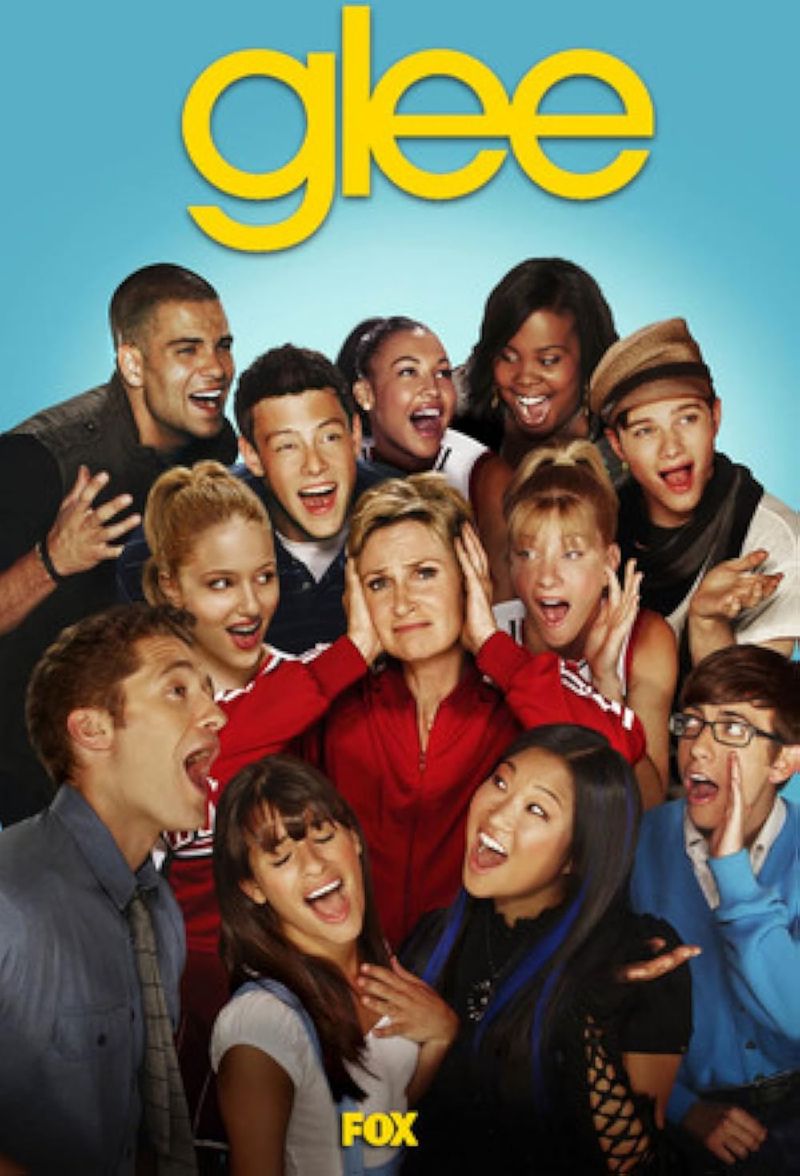
Glee was celebrated for its diverse representation and musical numbers, but it faced criticism for inconsistent storytelling. The show’s ambitious aims sometimes led to uneven character development.
While it tackled important issues, critics argue that it often did so superficially. The dramatic shifts in tone and focus left some viewers disoriented.
Despite its groundbreaking premise, some believe Glee doesn’t always hit the right notes, leaving a mixed impression on its legacy.
The Bachelor
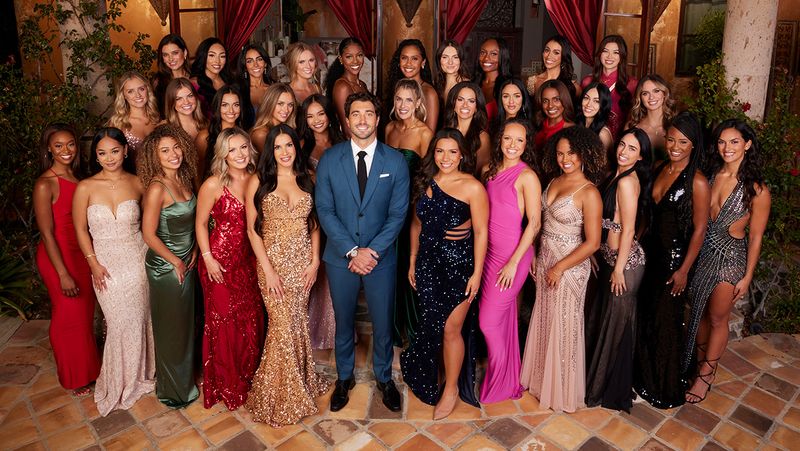
The Bachelor is a reality TV staple, often criticized for its manufactured drama and unrealistic portrayals of love. The show’s formulaic approach can feel repetitive and predictable.
Despite its popularity, some argue it promotes superficial relationships, focusing more on spectacle than genuine connections. Critics highlight the lack of diversity and authentic representation.
While entertaining for some, others see it as an overrated portrayal of romance, questioning its impact on societal views of relationships.
13 Reasons Why
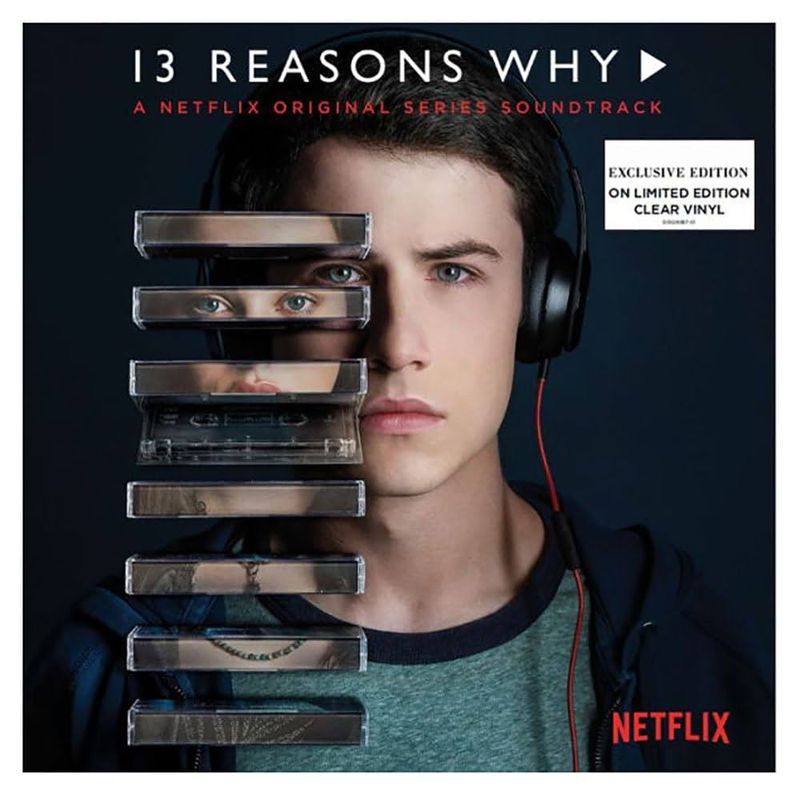
13 Reasons Why sparked discussions on sensitive topics but faced backlash for its graphic content. Critics argue the series sometimes sacrifices nuance for shock value.
While it brought attention to important issues, its handling of such topics has been polarizing. The show’s narrative choices often drew concern from mental health professionals.
Though impactful, some feel 13 Reasons Why doesn’t always provide the responsible storytelling necessary for its themes, leading to questions about its acclaim.
The Office (US)
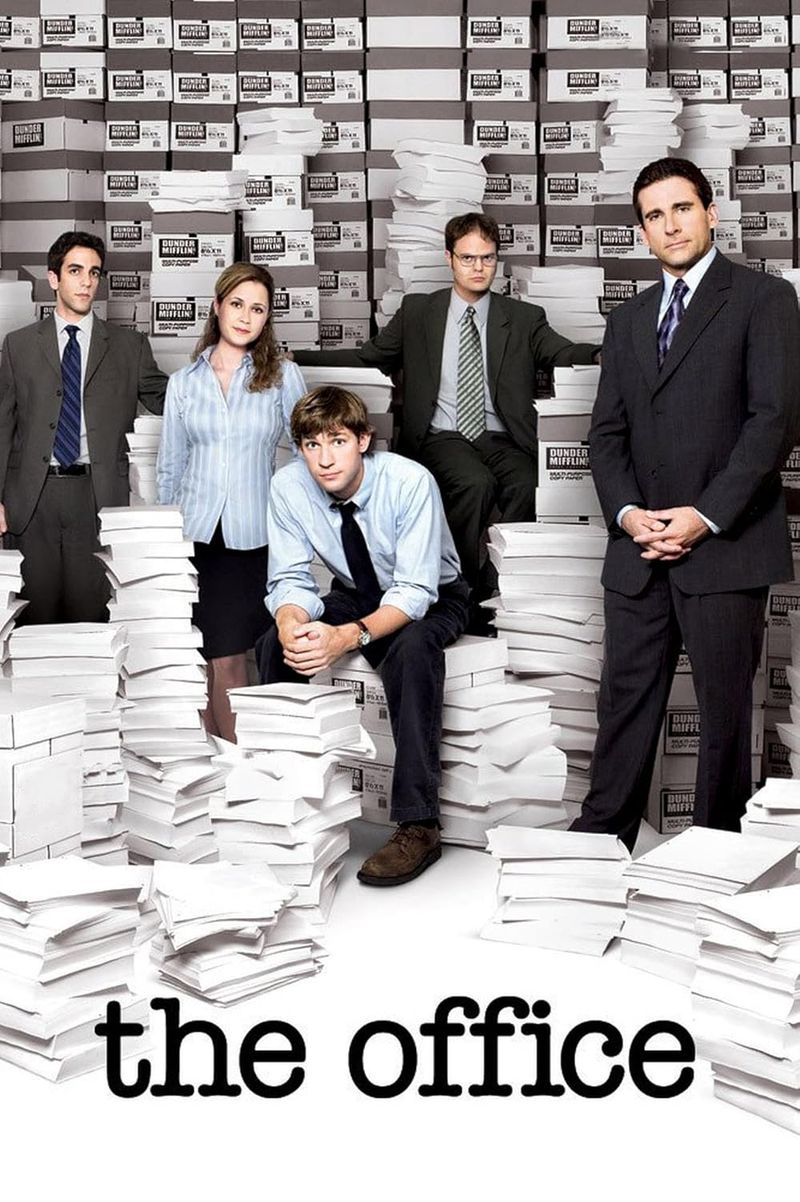
The Office (US) is beloved for its humor but sometimes criticized for uneven seasons. The departure of key characters led to changes in tone and quality.
While it offers iconic moments and characters, some fans feel later seasons lack the charm of its early days. The reliance on cringe humor can be divisive.
Despite its strong reputation, some argue that The Office doesn’t consistently maintain its comedic brilliance, leading to calls of being overrated by certain critics.
Pretty Little Liars
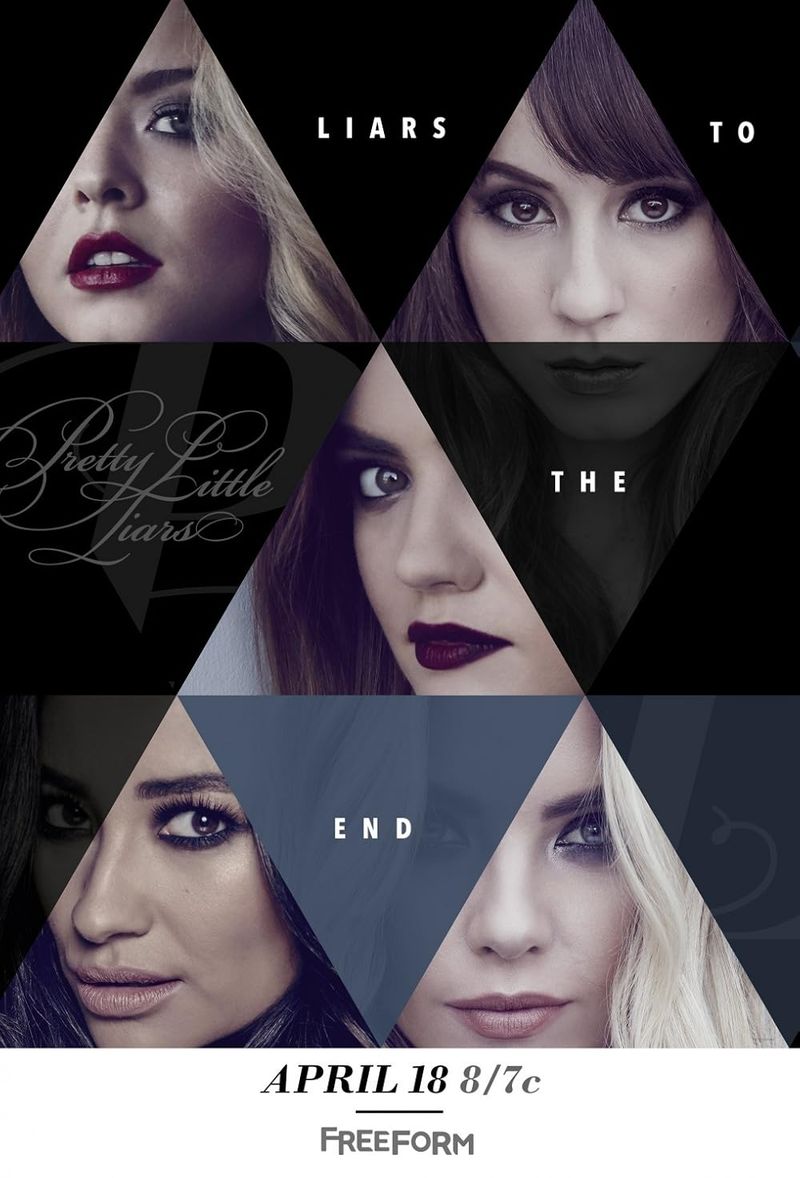
Pretty Little Liars hooked viewers with mystery and drama but faced criticism for convoluted plots. The show’s numerous twists often led to confusion without satisfactory resolution.
While it built suspense, some argue that the narrative complexity overshadowed character development. The series’ long-winded plotlines occasionally frustrated viewers.
Despite a strong fan following, others feel Pretty Little Liars doesn’t deliver on its initial promise, making it a contentious pick among teen dramas.
Orange Is the New Black
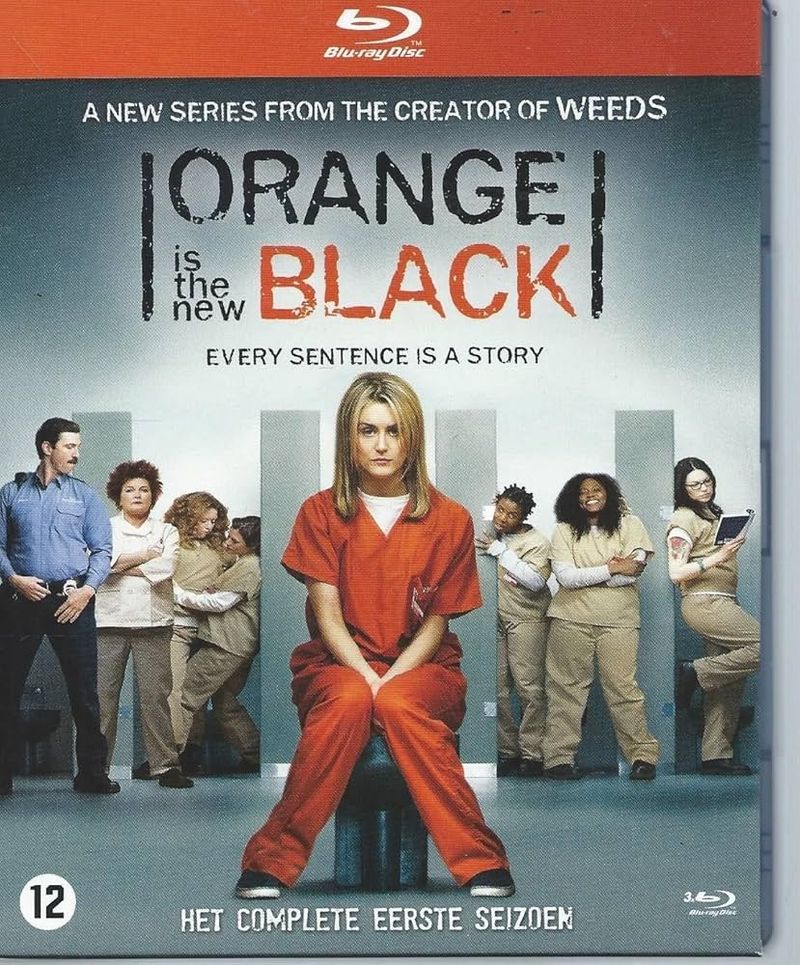
Orange Is the New Black broke ground with its diverse cast but was criticized for uneven storytelling. The show’s shift from comedy to drama sometimes created tonal inconsistencies.
Some viewers felt certain character arcs were underdeveloped, leading to missed opportunities for deeper exploration. The series’ later seasons struggled to recapture the magic of its debut.
While it made significant contributions to representation, some argue it doesn’t fully live up to the acclaim it initially received.
American Horror Story
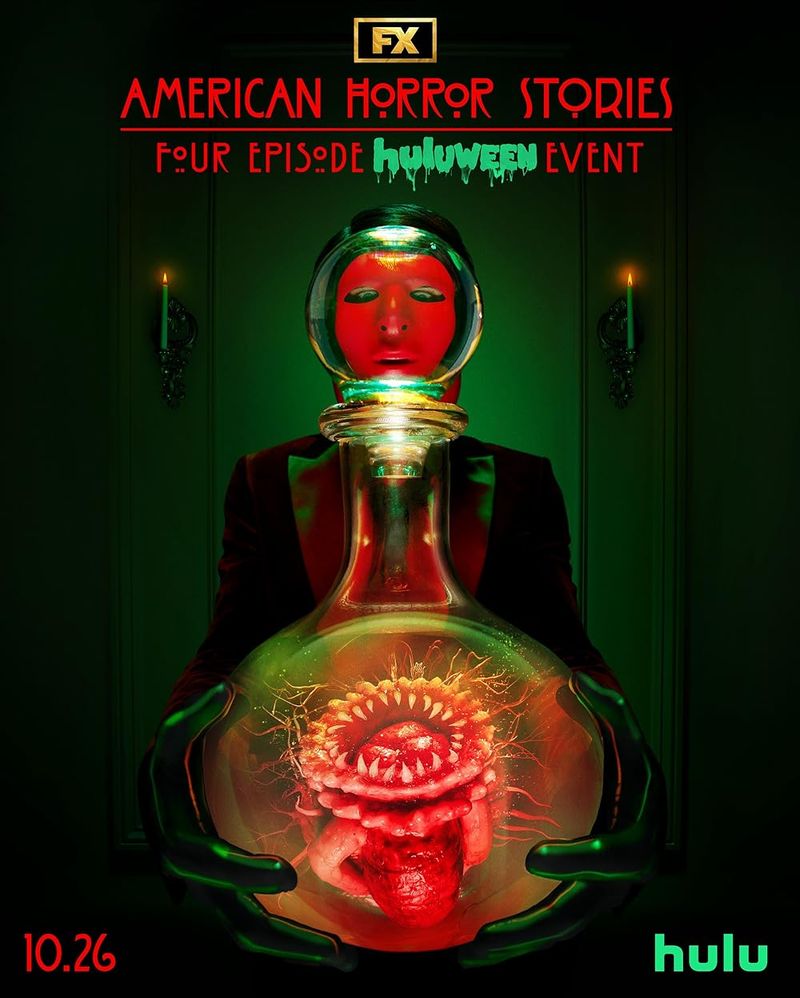
American Horror Story is applauded for its creativity but criticized for inconsistent quality across seasons. The anthology format sometimes leads to uneven execution and character depth.
While it offers unique themes each season, the narrative coherence can be lacking, leading to viewer frustration. The desire for shock often outweighs storytelling.
Despite its innovative approach, some feel American Horror Story doesn’t always deliver, making it a debated inclusion among horror aficionados.
